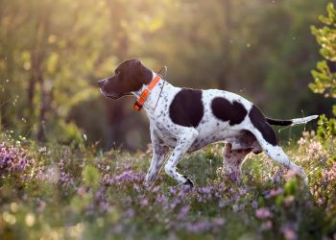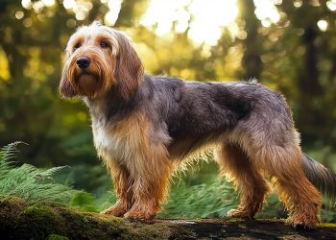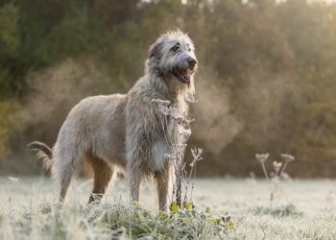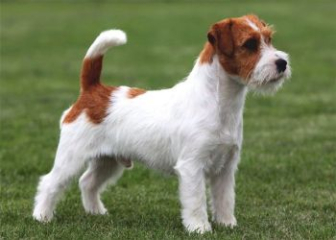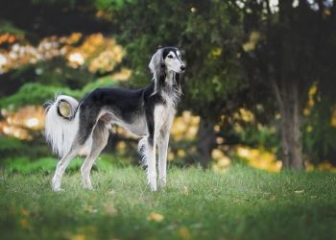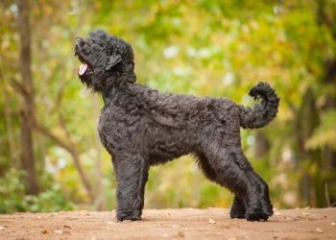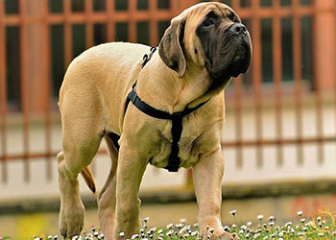Cane Corso – Italy’s Outstanding Guard Dog
Blog | by
The Cane Corso, an ancient Italian dog breed, is known for its large, muscular build and strong guarding instincts. It makes an excellent guard dog and has an average lifespan of 10 to 12 years.
Also known as the Italian Mastiff, the Cane Corso is a long-established breed originating from Italy. While it has a powerful and athletic appearance, it is surprisingly friendly and deeply protective by nature.
Let’s explore more about the Cane Corso with Giong Cho to see whether this magnificent Dog breed could be the right pet for you!
Where does the Cane Corso come from?
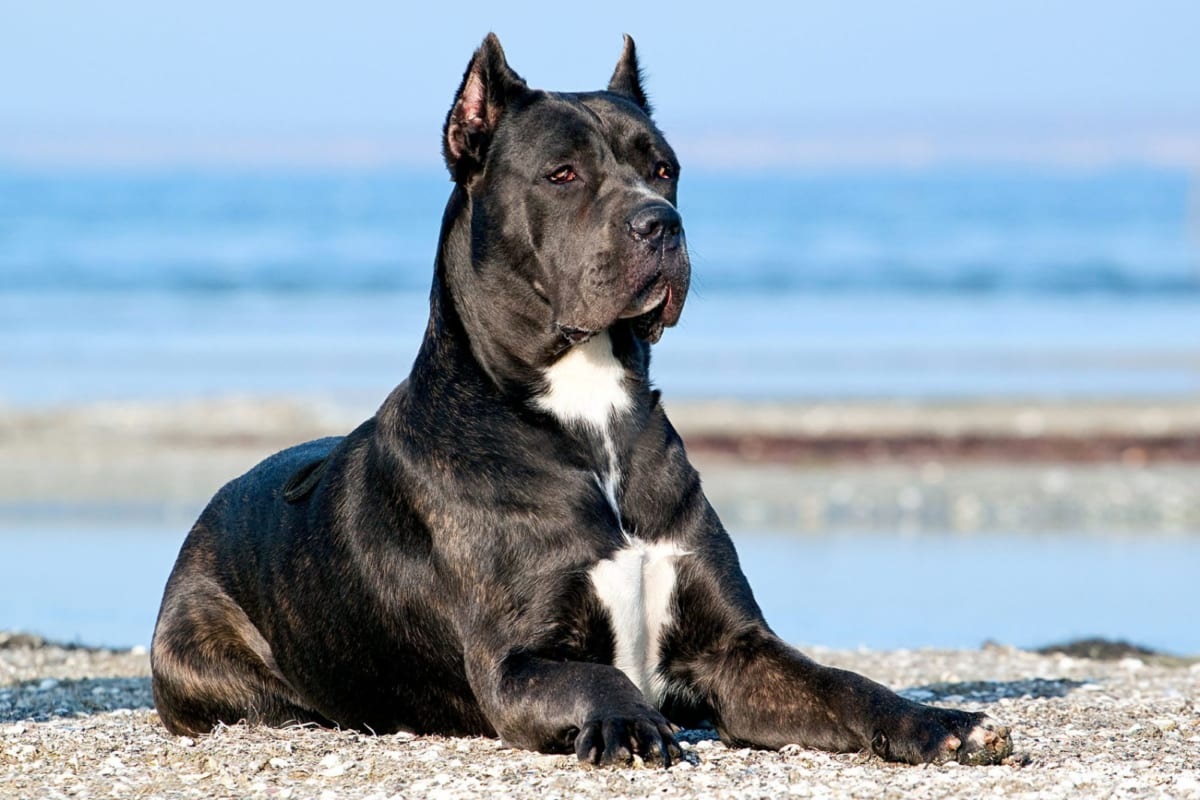
Origin of the Cane Corso Dog Breed
The Cane Corso originated in Italy.
The Cane Corso, also known as the Italian Mastiff, is an ancient breed originating from Italy. It belongs to the Mastiff family and is renowned for its outstanding guarding capabilities. Let's explore the history and development of this breed in more detail:
-
The Cane Corso descended from the Molossus, a fighting dog breed from Ancient Roman times. These dogs were commonly used in warfare for territory protection or attacking enemies, and they were also trained as hunting and livestock dogs.
-
In the 19th century, the Cane Corso's population drastically declined and nearly became extinct due to the impacts of World War II and urbanization.
-
In 1983, Dr. Giovanni Bonatti and his colleagues began efforts to revive the Cane Corso breed.
-
In 1994, the Cane Corso was officially recognized as a distinct breed by the Italian Kennel Club (ENCI).
-
In 2010, the Cane Corso was recognized by the American Kennel Club (AKC). With its powerful appearance and excellent guarding skills, this breed has become popular worldwide.
-
The name "Cane Corso" means "guard dog" or "protector" in Italian. The breed typically has a lifespan of about 10–12 years.
See more: Great Dane (German Mastiff), the gentle giant.
Physical Characteristics of the Cane Corso
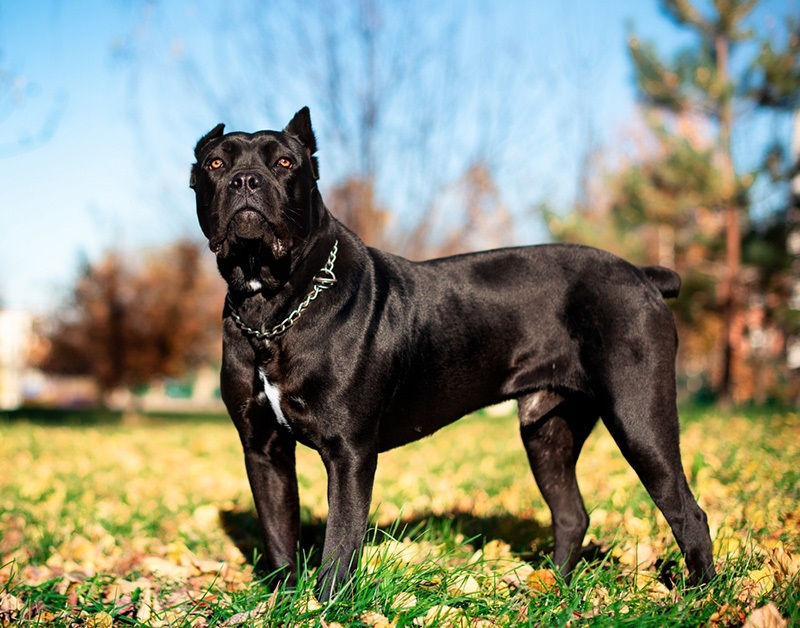
Physical Characteristics of the Cane Corso (Italian Mastiff)
The Cane Corso has a muscular, powerful build and a slightly intimidating face.
The Cane Corso is a medium-sized breed with a robust, muscular appearance, although slightly smaller compared to other Mastiff breeds. Let’s explore in detail the physical traits of a purebred Cane Corso:
-
Height: Males 64–70 cm; Females 58–66 cm.
-
Weight: Males 45–50 kg; Females 40–45 kg.
-
Head: Large, square-shaped jaws.
-
Muzzle: Broad, deep, with powerful jaws capable of a bite force up to 700 PSI.
-
Eyes: Medium-sized, slightly sunken, dark brown or amber, giving an intelligent expression.
-
Ears: Large, naturally folded, though they may be cropped when young.
-
Chest: Deep and broad.
-
Shoulders: Broad, straight back, thick neck.
-
Hips: Compact, muscular thighs.
-
Tail: Thick, long, commonly docked at a young age to enhance agility.
-
Coat: Short, dense, glossy without an undercoat.
-
Coat Colors: Black, gray, brindle, reddish-brown, blue-gray. Some Cane Corsos have a black mask on their face.
-
Movement: Powerful and agile, clearly defined muscles when running.
Below is a comparison table showing differences between Cane Corso, English Mastiff, and Neapolitan Mastiff:
| Characteristics | Cane Corso (Italian Mastiff) | English Mastiff | Neapolitan Mastiff |
|---|---|---|---|
| Size | Smaller than English and Neapolitan Mastiffs | Larger than Cane Corso | Larger than Cane Corso |
| Body Type | Balanced, clearly muscular | Massive, heavier | Large, loose and wrinkled skin |
| Movement | Agile, fast | Somewhat slow | Slow, heavy movement |
| Ears & Tail | Naturally folded ears, long tail (often docked) | Large folded ears, long tail | Droopy ears, long tail |
| Coat | Short, glossy, minimal shedding | Short, dense, sheds heavily | Thick coat with many wrinkles |
Temperament of the Cane Corso
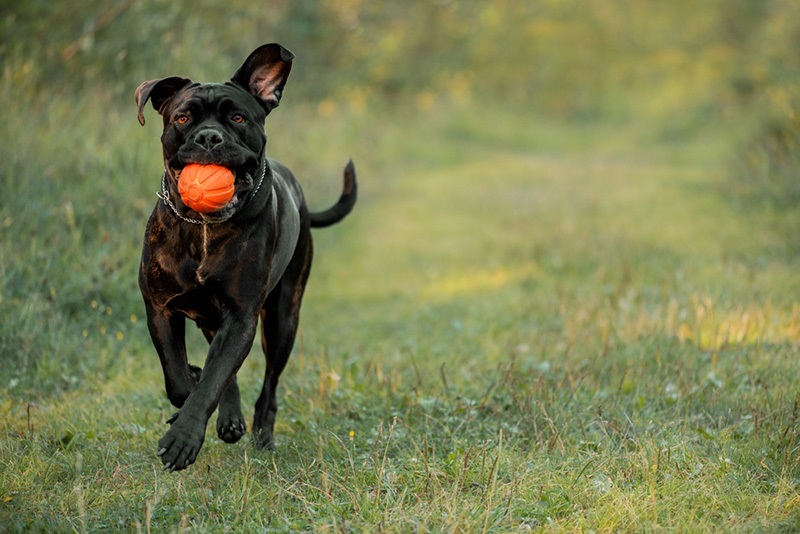
Cane Corso Dog Playing Fetch
The Cane Corso (Italian Mastiff) was originally bred for guarding and combat, which explains why this breed still possesses strong protective instincts. Alongside this, the Cane Corso is also highly intelligent and loyal. Let's explore more about the temperament of the Cane Corso:
Strong Protective Instincts
As a natural guard dog, the Cane Corso exhibits strong protective instincts. They remain alert around strangers, ready to take action if they sense danger. Although not prone to unnecessary barking, they will bark loudly when encountering unfamiliar people and typically position themselves defensively to prevent unauthorized access. Cane Corsos often patrol their territory but are not likely to wander aimlessly or start unnecessary conflicts with other dogs.
Very Courageous
The Cane Corso is exceptionally brave, a trait shared by most Mastiff breeds. When faced with threats, these dogs show courage without hesitation or fear. They readily confront burglars, wild animals, or any perceived threat without backing down. Due to their bravery, Cane Corsos are ideal choices for guard, police, and military dogs.
Intelligent and Highly Trainable
Cane Corsos learn commands quickly but are best suited for experienced and patient dog owners, as not everyone can easily train them.
Absolute Loyalty
Cane Corsos are among the most loyal dog breeds, deeply bonding and staying close to their owners. They view their owners as pack leaders and actively seek their approval. With proper training from a young age, they can become obedient and devoted companions to all family members.
Proper Care for the Cane Corso
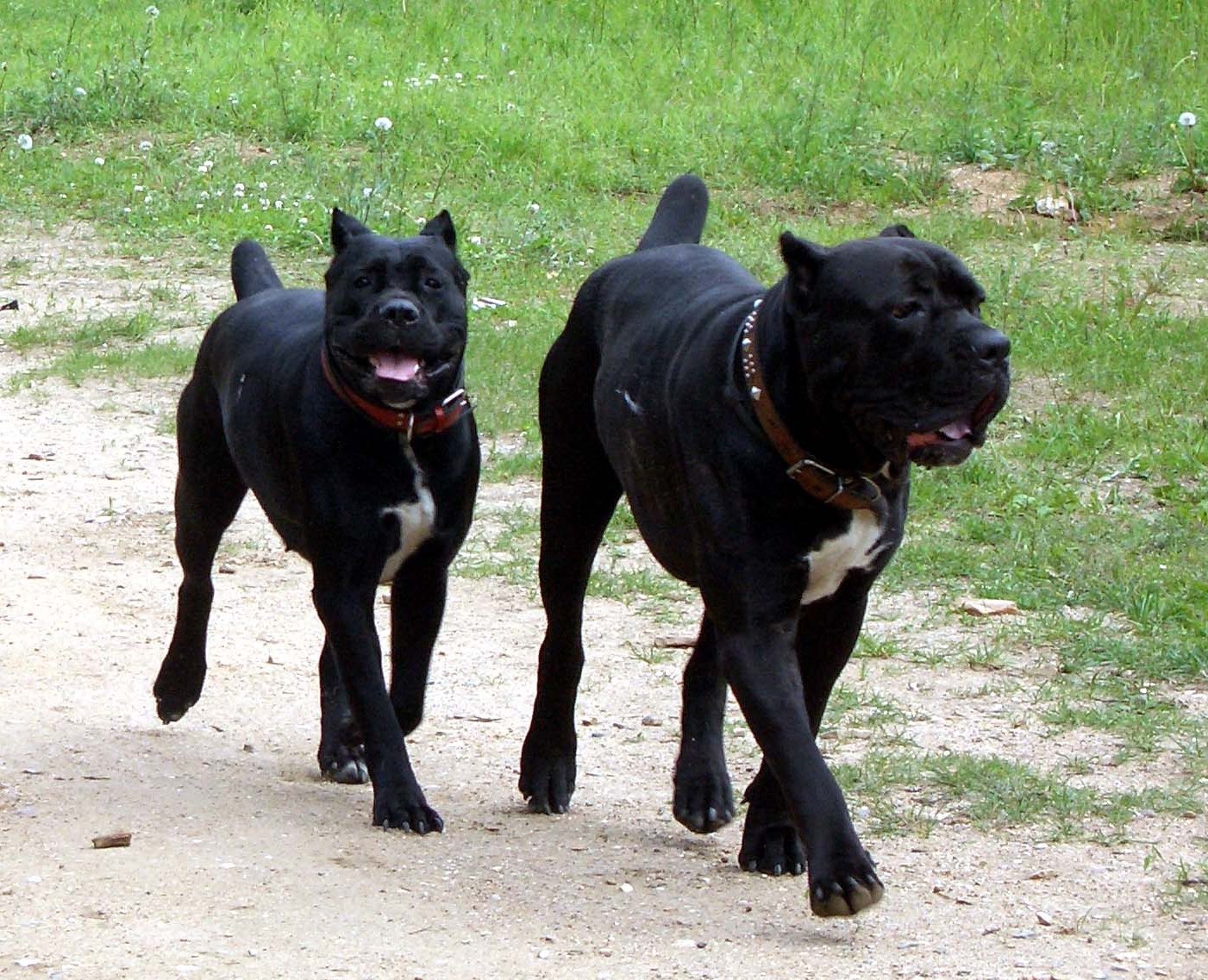
Two Cane Corso Dogs Out for a Walk
If you want your Cane Corso to grow strong, healthy, and happy, it's essential to pay close attention to nutrition, exercise, training, and health care. Find detailed guidelines below:
Cane Corso Diet by Age
The Cane Corso is a large, powerful breed requiring a balanced diet rich in proteins, carbohydrates, fiber, vitamins, and other nutrients. Nutritional needs vary by age:
Diet for Cane Corso Puppies (2–6 months old):
-
Protein: 25–30% to build muscles (lean meat, fish, eggs).
-
Calcium & Phosphorus: Essential for bone development (bone broth, goat milk, eggs).
-
Fat: 10–15% for energy (fish oil, olive oil).
-
Vitamins & Minerals: Vegetables and fruits to support the immune system.
-
Meals: 3–4 meals/day.
-
Portion Size: 200–500g per meal.
-
Note: Avoid giving hard bones; opt for soft, cooked, and chopped food.
Diet for Cane Corsos 6–12 months old:
-
Protein: 20–25% (beef, chicken, pork, fish, eggs).
-
Fat: 8–12% to prevent obesity.
-
Supplement: With glucosamine for bone and joint health.
-
Balanced: Carbohydrates for energy without causing weight gain.
-
Provide: Ample clean water daily.
-
Meals: 2–3 meals/day.
-
Portion Size: 500–700g per meal.
Diet for Adult Cane Corsos:
-
Protein: 22–24% to maintain muscle mass.
-
Fat: 8–10% roviding energy without obesity.
-
Supplement with: Omega 3 & 6 for healthy skin and shiny coat.
-
Fiber and Vitamins: From fruits and vegetables for better digestion.
-
Provide: ample clean water daily.
-
Meals: 2 meals/day.
-
Portion Size: 700g–1kg per meal.
Diet for Senior Cane Corsos (over 6 years old):
-
Protein: Reduced to 15–18%.
-
Fat: Lowered to 5–8% to prevent obesity.
-
Supplement with vitamins: Fiber, Omega 3, glucosamine.
-
Meals: 2 meals/day.
-
Portion Size: 500–800g per meal.
Cane Corso Grooming and Hygiene
Cane Corsos have short coats with minimal shedding, making grooming relatively simple. However, maintaining hygiene is essential to prevent skin conditions:
-
Brush their coat 1–2 times/week, bathe 1–2 times/month with specialized dog shampoo and dry thoroughly afterward.
-
Clean their ears once a week to prevent infections and detect problems early.
-
Regularly clean their eyes with damp cotton or cloth.
-
Brush teeth regularly, use chew toys for additional dental care.
Exercise Requirements for Cane Corsos
Cane Corsos are muscular and energetic dogs, requiring significant daily physical activity:
-
Exercise at least 60 minutes per day.
-
Activities can include walking, running, fetch, weight-pulling, or puzzle games.
-
Senior Cane Corsos need reduced exercise intensity and duration (15–30 minutes per day).
Training Guidelines for Cane Corsos
Cane Corsos are intelligent but require proper training to avoid stubbornness:
-
Begin training early (2–3 months old), remain consistent, patient, and avoid harsh methods.
-
Early socialization helps reduce aggression.
-
Initially focus on basic commands (toilet training, sit, stay, shake).
-
Puppies under 3 months: basic training and early socialization.
-
Adult Cane Corsos: advanced training to build strength and manage behaviors.
-
Senior Cane Corsos: gentle exercises; extensive training unnecessary.
Ideal Living Conditions for Cane Corsos
Cane Corsos are large dogs requiring spacious, secure environments:
-
Unsuitable for small apartments; ideal in spacious homes with gardens.
-
Adaptable, but ideal temperature ranges between 15–25°C.
-
Due to strong guarding instincts, a safe, secure environment is crucial to avoid risks to others.
-
Living area should be dry, well-ventilated in summer, warm in winter, and equipped with comfortable bedding.
Common Health Issues in Cane Corsos
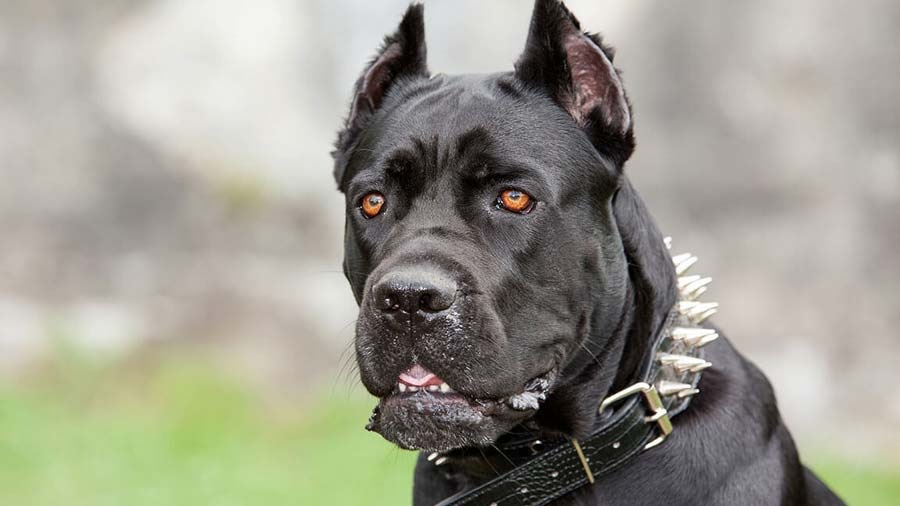
The Cane Corso has a rather "intimidating" appearance
As a large-sized breed, Cane Corsos are prone to various health problems, particularly those affecting joints, bones, and obesity. Let's explore some common diseases to ensure early detection and timely treatment.
Hip Dysplasia in Cane Corsos
Hip dysplasia is common in large breeds and can become very serious if not diagnosed and treated promptly.
-
Causes: Genetics, excessive exercise at a young age.
-
Symptoms: Limping, difficulty standing or sitting, severe cases may lead to paralysis or death.
-
Prevention & Treatment: Limit intense exercise when young, regular veterinary check-ups, and immediate vet intervention for severe cases.
Obesity in Cane Corsos
Cane Corsos are susceptible to obesity due to their size, especially if overfed or lacking exercise.
-
Causes: Excessive intake of carbohydrates and fats combined with insufficient physical activity.
-
Symptoms: Uncontrolled weight gain, lethargy, shortness of breath during walks or exercise.
-
Prevention & Treatment: Strict dietary control and daily exercise routines.
Ear Infections in Cane Corsos
With naturally folded ears, Cane Corsos are particularly susceptible to ear infections caused by improper cleaning.
-
Causes: Folded ears create an environment conducive to bacterial growth if not regularly cleaned.
-
Symptoms: Constant scratching of ears, head shaking, foul odor, discharge from the ear.
-
Prevention & Treatment: Regular ear cleaning with specialized solutions, keep ears dry, and consult a veterinarian if symptoms worsen.
How Much Does a Cane Corso Cost?
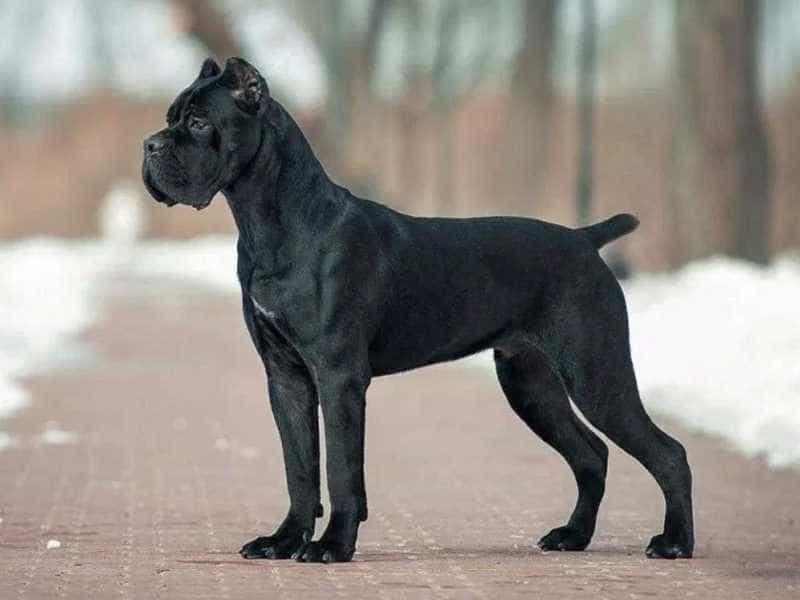
Purebred Cane Corsos imported from Italy are very expensive.
If you're looking to own a Cane Corso, here's a price guide and some tips for purchasing:
Cane Corso Price Guide in Vietnam:
| Origin | Price (approx.) | Notes |
|---|---|---|
| Locally bred without pedigree | 9–15 million VND | Vietnamese-bred, no official papers, less purebred |
| Locally bred with pedigree | 20–40 million VND | Vietnamese-bred with full paperwork, varies by appearance and gender |
| Imported from Thailand | 15–20 million VND | Shipping fees excluded; typically higher quality than local breeders |
| Imported from Italy | Over $2,500 USD | Shipping fees excluded; high purity, excellent appearance, and health |
Tips for Buying a Cane Corso:
-
Choose reputable Cane Corso breeders to ensure good quality at reasonable prices.
-
Carefully inspect the dog's appearance and health to ensure a healthy and active puppy.
-
Avoid cheap Cane Corso advertisements, as these dogs are likely mixed breeds and not purebred.
Collection of Beautiful Cane Corso Images
Below, we’ve compiled a collection of impressive Cane Corso images showcasing their strength and beauty. Enjoy!
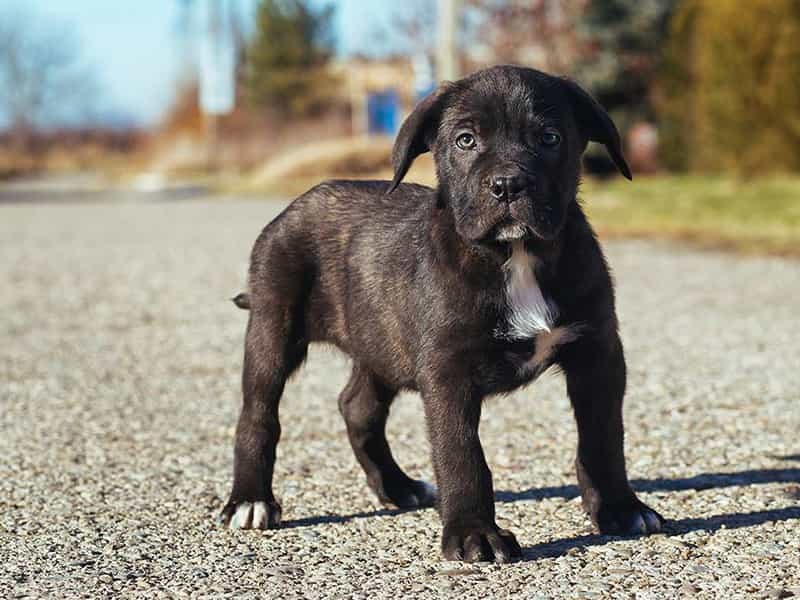
A Cane Corso puppy.
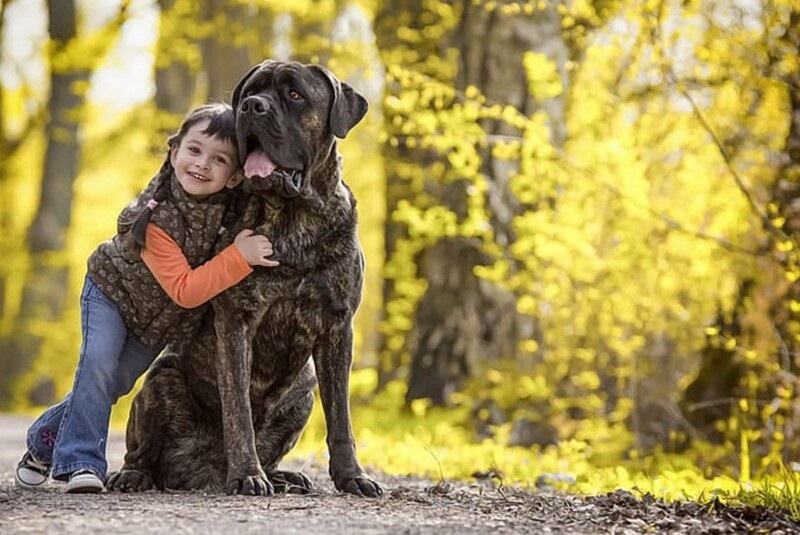
A brindle Cane Corso affectionately spending time with a young child.
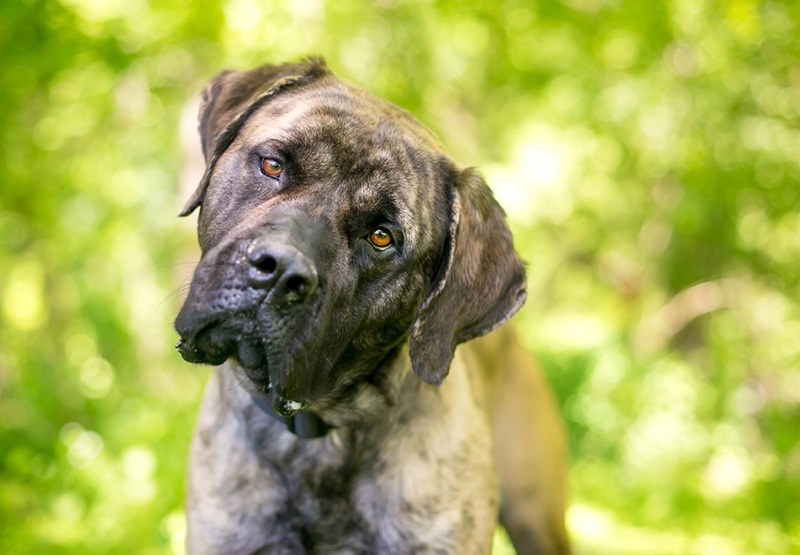
The Cane Corso dog tilts its head, looking determinedly.
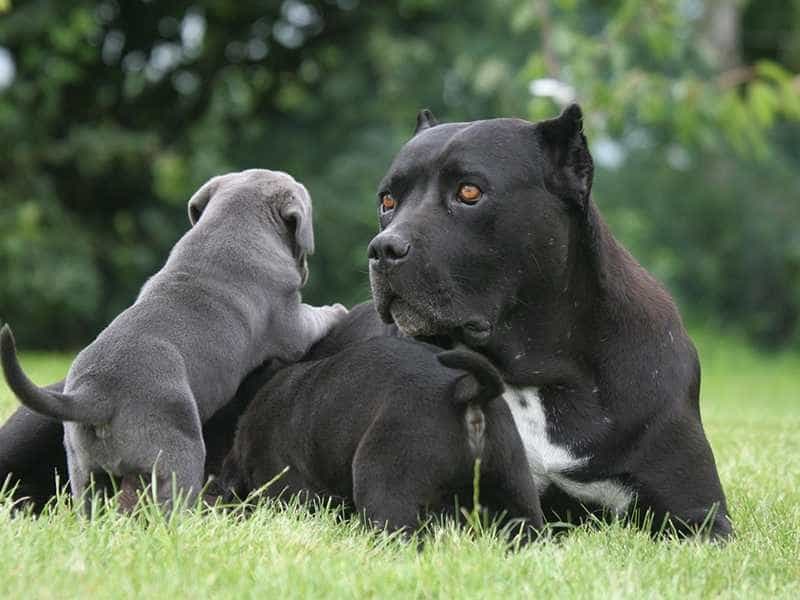
A Cane Corso mother and puppy relaxing on the grass.
Through this article from dogbreed.wiki, we have shared extensive information about the Cane Corso breed. Although Cane Corsos are large dogs with an intimidating appearance, their nature is actually quite gentle, making them excellent guard dogs for any family. If you want a powerful, reliable protector, the Cane Corso is definitely a great choice.
Don't forget to visit our Blog regularly for more interesting articles about other dog breeds!

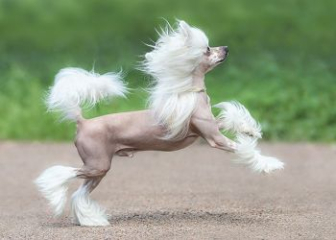
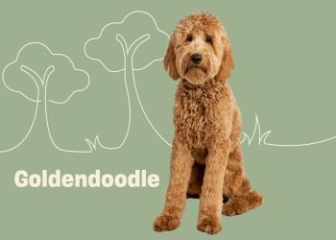
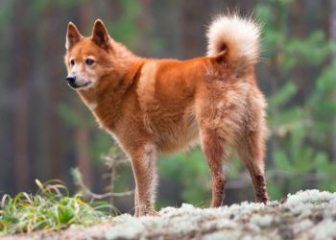
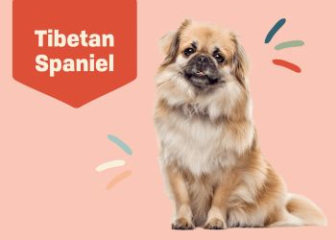
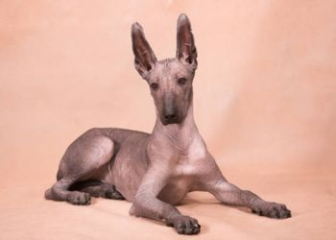
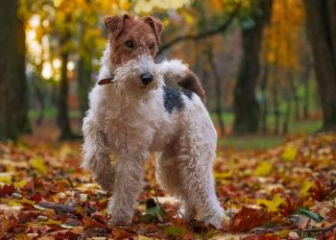


_350x250.jpg)

